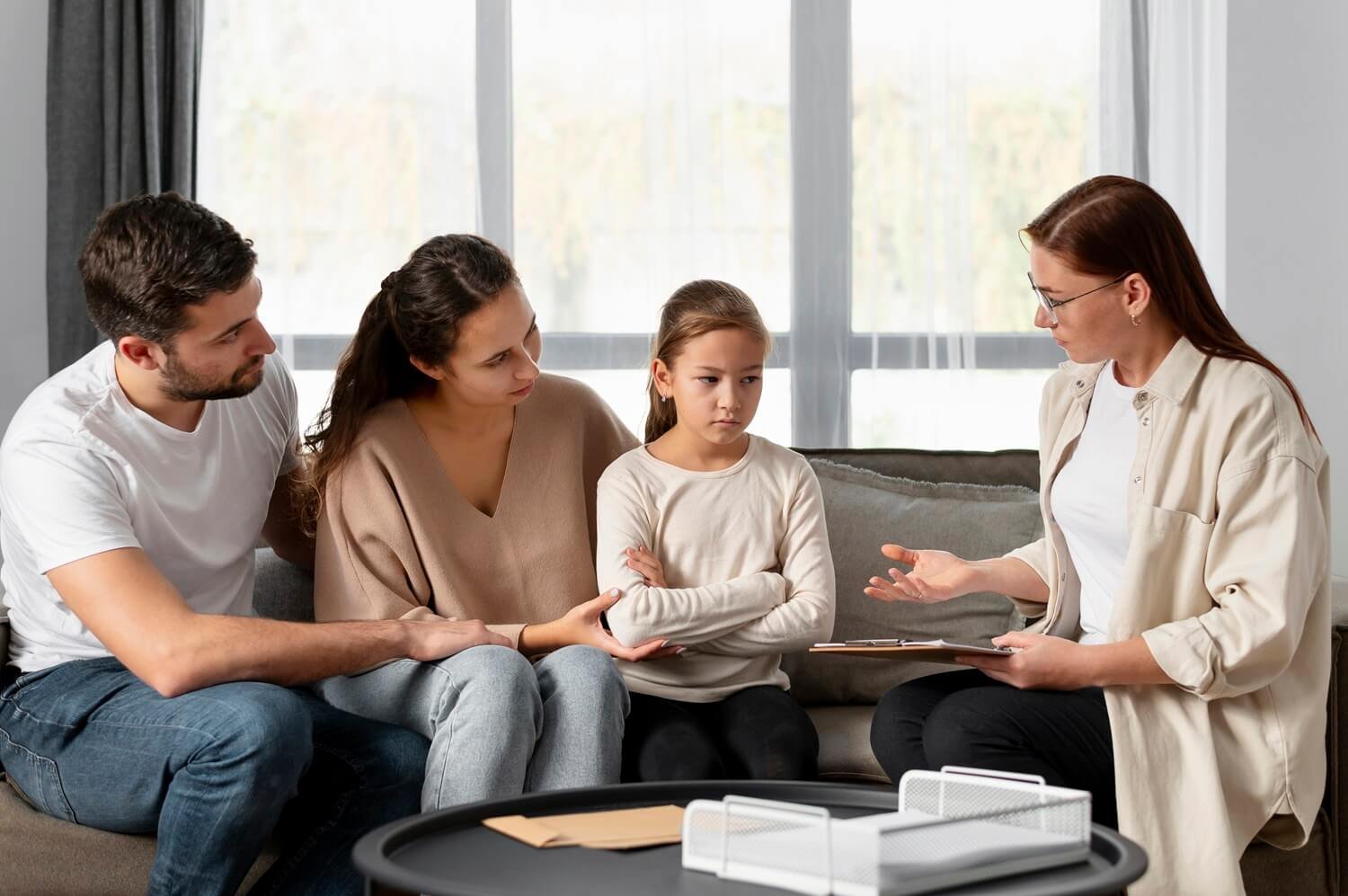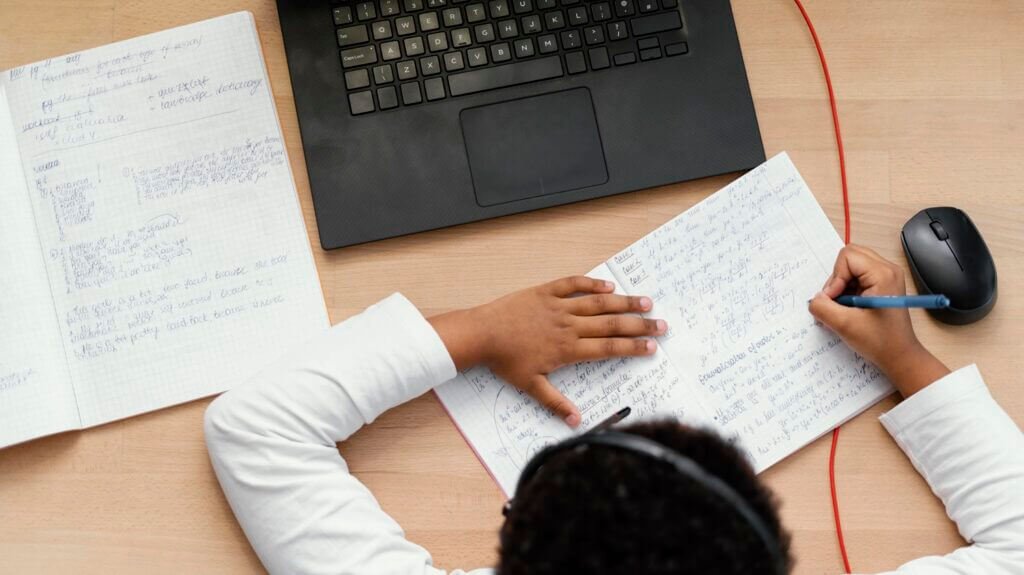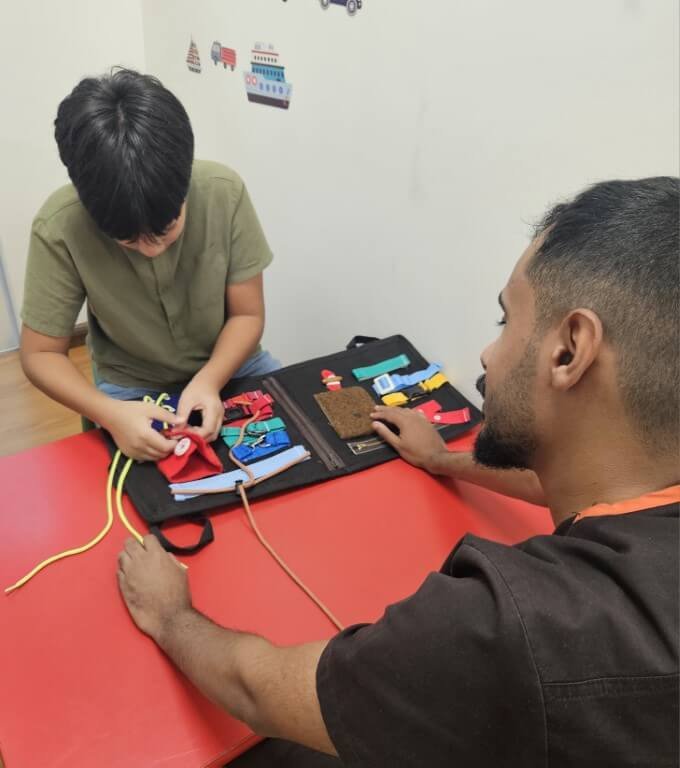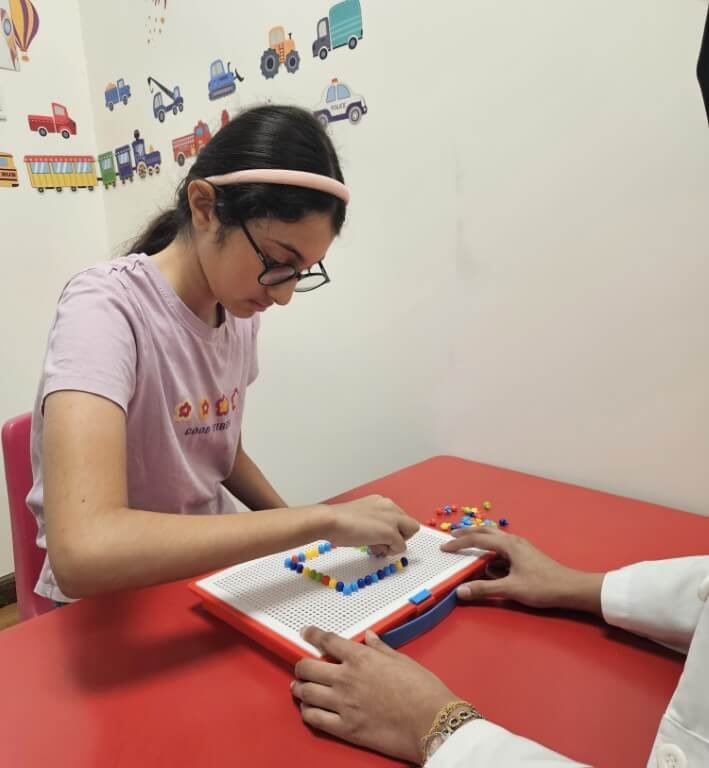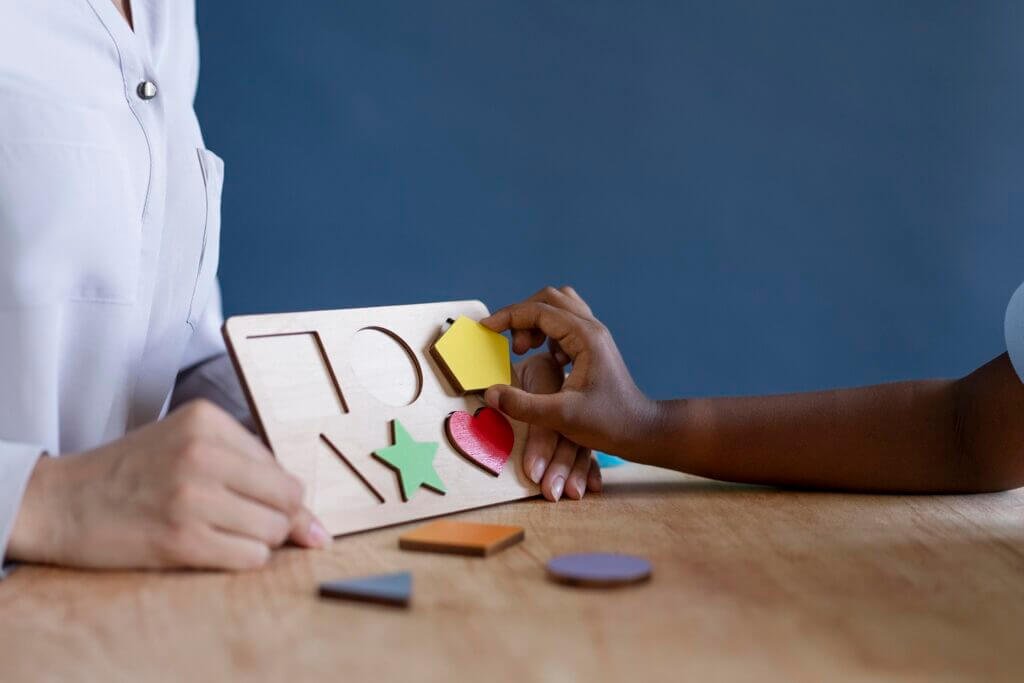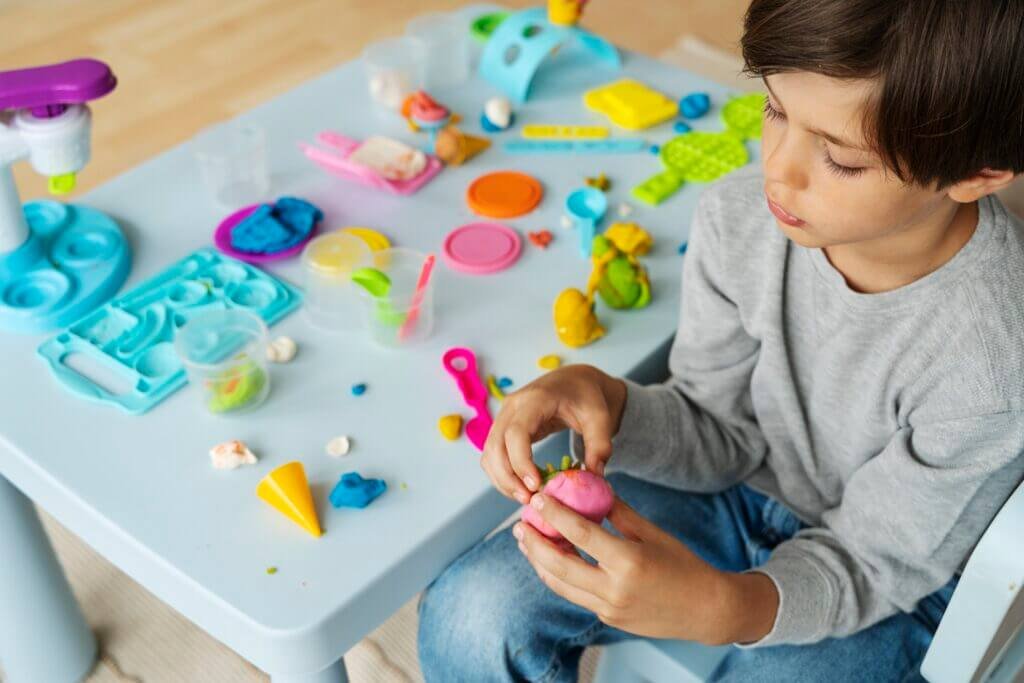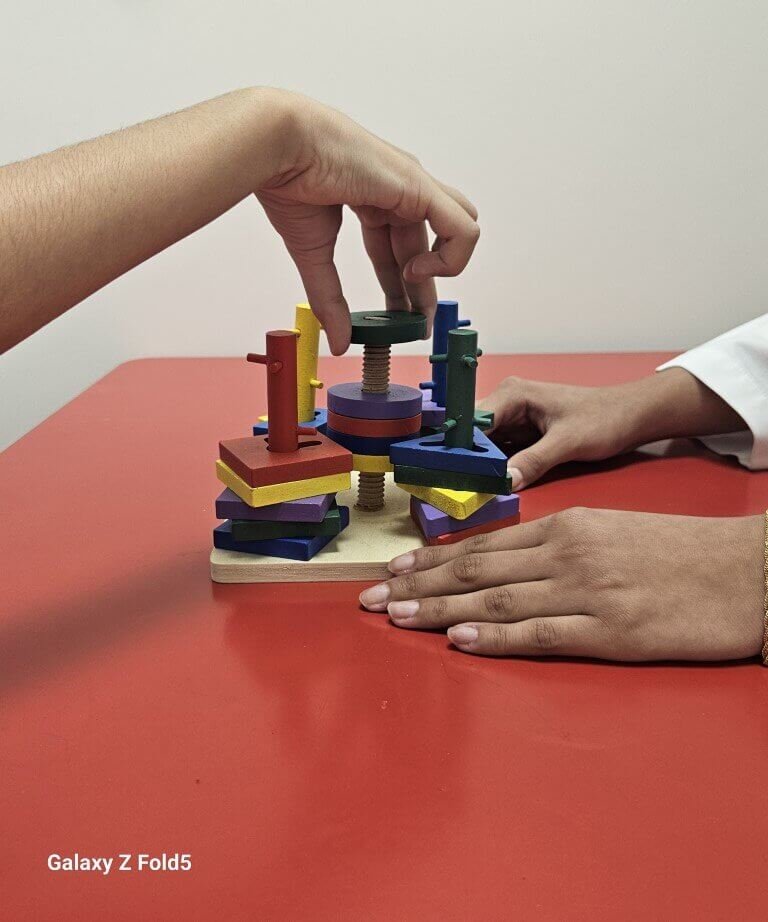
- Comprehensive assessment: The specialist begins by assessing the needs of the entire family, not just the child. This includes assessing the home environment, family resources, and parental expectations.
- Develop a home plan: A personalized treatment plan is developed for the home, including clear goals, enjoyable activities, and a realistic timeline.
- Direct parent training: The specialist trains parents on how to implement therapeutic activities at home, and how to deal with challenges they may face.
- Ongoing communication: Parents are contacted regularly to assess progress and adjust the treatment plan as needed.
- Continuing education for parents: The specialist provides parents with information about the child's condition, ways to deal with it, and available resources.
- Movement and play activities: Toys that promote fine and gross motor skills, such as plastic toys, balls, and construction toys.
- Sensory activities: Games that develop the five senses, such as playing with water and sand, and learning about shapes and colors.
- Activities of daily living: Teaching the child basic skills such as eating, bathing, and dressing.
- Pretend Play Activities: Encourage imaginative play to develop social and language skills.


